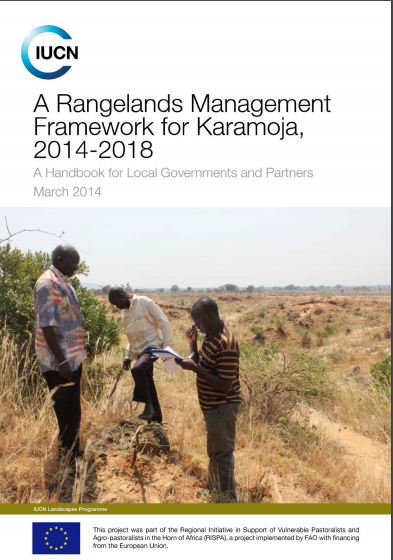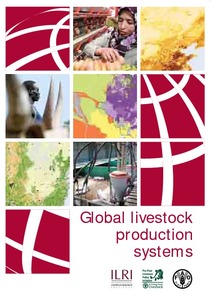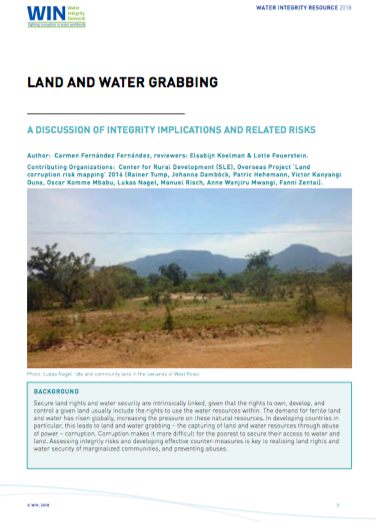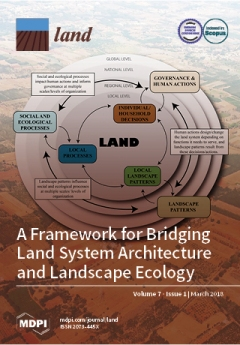The impact of investment in smallholder irrigation schemes on irrigation expansion and crop productivity in Malawi
Reliance on rainfall for agriculture and increased climate change and variability pose growing production risks in developing countries. Agriculture in Sub-Saharan Africa is dominated by smallholder farmers who depend mainly on rain-fed agriculture, putting food security at both household and national levels at risk, especially in the event of drought. Investment in smallholder irrigation becomes a priority in developing countries if food security and national development goals are to be met, as their economies are agro-based.








